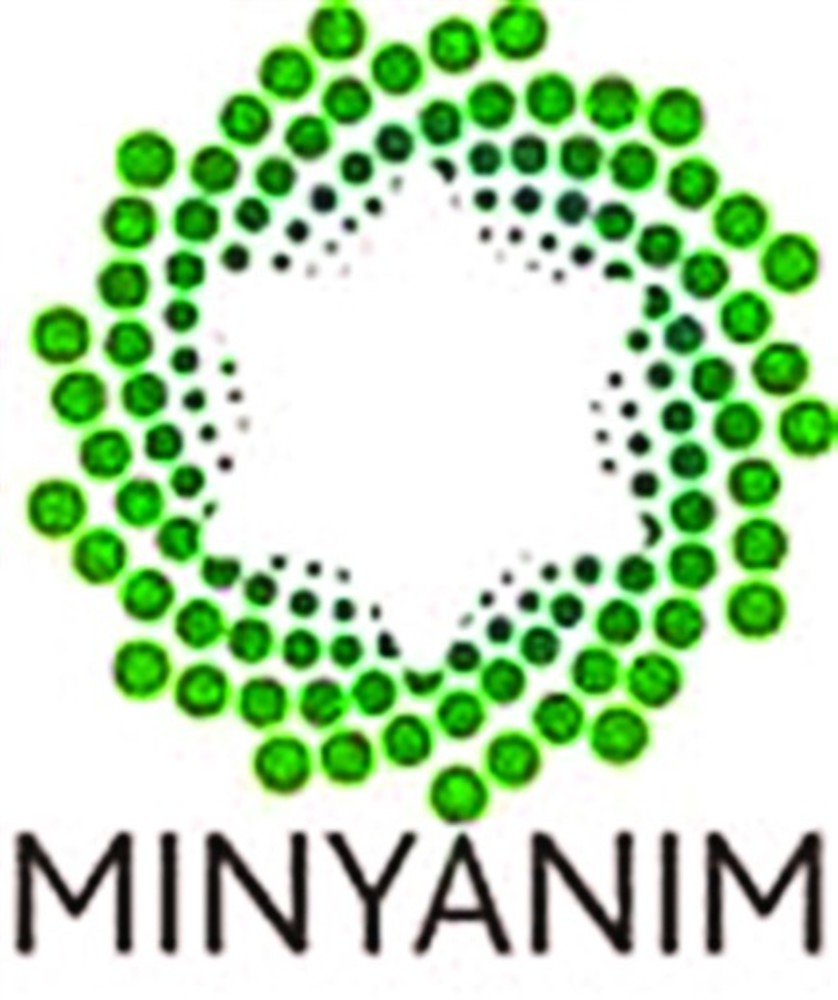Poland: Where young Jews celebrate their heritage

During a recent trip to Poland, my group toured Holocaust sites and the remains of synagogues – and wondered what life is like now for Polish Jews.
For an answer, I turned to MiNYanim, a leadership-building project that the Jewish Alliance funds in Poland, which directed me to three Warsaw Jews: Arek Dybel, 35, Kamil Marczak, 27, and Natalia Czarkowska, 27.
They said being Jewish in Poland is perceived differently by different generations. Holocaust survivors still suffer trauma and their children have a form of post-traumatic stress disorder passed on from their parents. Many in these generations have hidden their Jewish identity.
During the 1968 political crisis in Poland, nearly all Jews were expelled or left on their own. The remaining Jews were fearful of being identified as Jews, and many today still carry scars from both the Holocaust and the 1968 suppression. Marczak said his grandmother, a Holocaust survivor, insisted that he not be given a name that would identify him as a Jew.
The grandchildren of the survivors do not suffer from the trauma of their elders. Dybel mentioned that, as a teen, he became curious about Judaism and eventually realized that he spent most of his time with friends who had Jewish origins. However, he only became involved in the Jewish community when the multimedia firm where he was employed contracted to work on the new Museum of Jewish History in Warsaw.
No one protested the opening of the new museum; there is no anti-Semitic graffiti and very few people rallied against Israel during last summer’s Gaza conflict. The only anti-Semitism this generation of Polish Jews experiences is on the Internet and what they hear about in places such as France and Spain. Jews in Poland do not experience any violence, the trio said, while they admit that the situation might be different outside the cities.
Marczak remembers his mother made “weird cookies” at Purim. As a teen, he realized that others did not have these cookies, or the Bible that was in his home, so he became curious.
Czarkowska explained that her family background was unusual. Her grandmother spent World War II in Birobidzhan, a Soviet-Jewish state in eastern Siberia, so she did not suffer the trauma of the Holocaust. Czarkowska did not notice her grandmother’s mezuzah and hanukkiah until she was a teen, and her non-Jewish father gave her books about Israel when she became curious.
Many in their generation had similar experiences, becoming curious as teens or later, and then learning about Birthright/Taglit trips to Israel and exploring what it means to be Jewish. However, most want to be ethnically Jewish, not religious.
Non-Jews, at least in the larger cities, are also curious about Jews, and many wonder if they have Jewish roots. On our trip, we met a 20-year-old who went by the name of Peninah. When informed that this was a Hebrew name, the woman replied that she had adopted that name since she is trying to find out if she has any Jewish roots.
Dybel, Marczak and Czarkowska were not surprised by her interest in Polish Jews. They said many young Poles are curious to know if they have Jewish roots. The Polish education system, they said, encourages gentiles to learn about Jewish history and customs, and the Jewish quarter of Krakow is full of Jewish music and food (usually not Kosher). That area is the entertainment hotspot for all.
MiNYanim is a two-year program for young Jewish adults from Central and Eastern Europe that builds on the connection to Israel and Jewish identity, allowing them to continue Jewish and Israeli studies and increase their participation in Jewish life and tikkun olam. Groups of Polish students and young adults gather regularly to engage in rigorous study of Jewish themes, leadership training and project management/development. They come together three times each year in Europe and Israel to meet peers, learn together and develop innovative projects that revitalize Jewish communities and secure a vibrant Jewish future. Since the existing Jewish infrastructure often does not offer rigorous leadership training for those interested in making a change within the Jewish community, MiNYanim offers young Jewish adults the chance to become Jewish leaders and to reinvigorate their entire community in the process.
The Jewish Agency for Israel (JAFI) conducts the MiNYanim program; The Jewish Alliance of Greater Rhode Island funds the program in Poland.
JAFI selects 10 to 12 potential leaders (a “minyan”) from each year’s Birthright/Taglit participants for leadership training and further exploration of their Jewish roots. Each minyan must create a project to involve other Jews. Dybel, Marczak and Czarkowska are among those who reorganized Warsaw’s Makabi club, which had been dissolved by the Nazis. The members participate in soccer, volleyball, yoga, Hebrew lessons and running. Makabi conducts very popular Shabbat dinners, and the Purim party is especially trendy. These programs also attract many curious non-Jews.
EDITOR’S NOTE: For more information about the Makabi Sports Club in Warsaw, go to facebook.com/MakabiWarszawa?fref=ts or contact Larry Katz for a copy of their English-language newsletter.
LARRY KATZ is director of Jewish Life and Learning at the Jewish Alliance of Greater Rhode Island.







